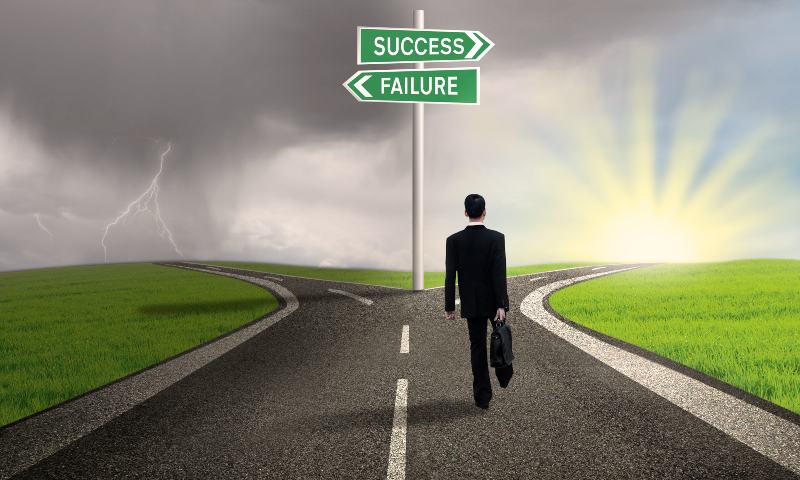In recent years, as the interest in business starting has increased, more entrepreneurs have paved their individual paths on their uniquely creative journeys. Each of these paths, however, find their own obstacles that they must face before finding success. Several of these tend to be highly common in those that fail. Here are 5 things that cause startups to fail.
1. Financial Instability
Like all ventures, without sufficient capital a company cannot run – let alone start. Whether the issue is not enough clients, profit per customer isn’t high enough, or operational costs are too high, lack of funds kills entrepreneur’s momentum leaving it very difficult to progress in any other area.
2. Team Mismanagement
A solid team that coherently works together towards a common goal is what every business owner and manager should strive for. However, this is difficult to come across and may have terrible repercussions if not handled properly. This failure comes in the shape of partners embezzling funds, never taking responsibility, underperforming in promises, and more. Finding accountable and trustworthy partners, managers, and employees is the first step in designing a truly solid company, regardless of its direction.
3. Misdirected Product
Startups have a huge difficulty finding the appropriate product to take to market that is not only useful, but wanted and desired by the designated consumer. Developing things that don’t point towards any particular profile will be passed up by the tens, if not hundreds, of alternatives that the world offers today.
4. Under/Over Developed Market
The market is what will consume and adapt to new company’s products. Some of these markets are extremely, if not impossible, to get into. Other markets have too few of a userbase to sustain a newly ambitious entity. Markets can even have the issue of being too broad, which occurs when the profile is made too broad. Making a specific target demographic that would most fit one’s market, while balancing it’s potential with the company’s projection can help in maintaining a strong, sustainable market presence.
5. Lack of Tech and Innovation
Lastly, the lack of tech and innovation in products/companies fail not only startups, but multi-billion-dollar companies that have substantiated themselves in markets for years. Blockbuster and Kodak are examples of businesses that failed to stay on the curve of innovation and change through developing times. Keeping a startup flexible and open for adjustments in the market and product creation will provide the structure for a soon-to-be successful startup.
Article by
Christian Peterson
Marketing Manager

